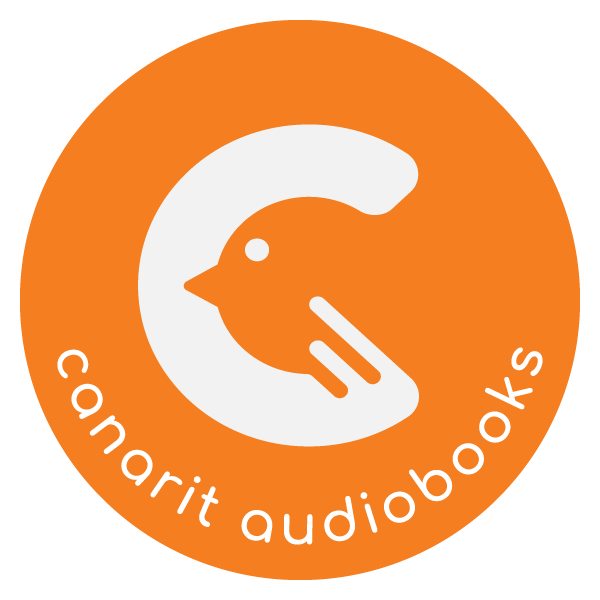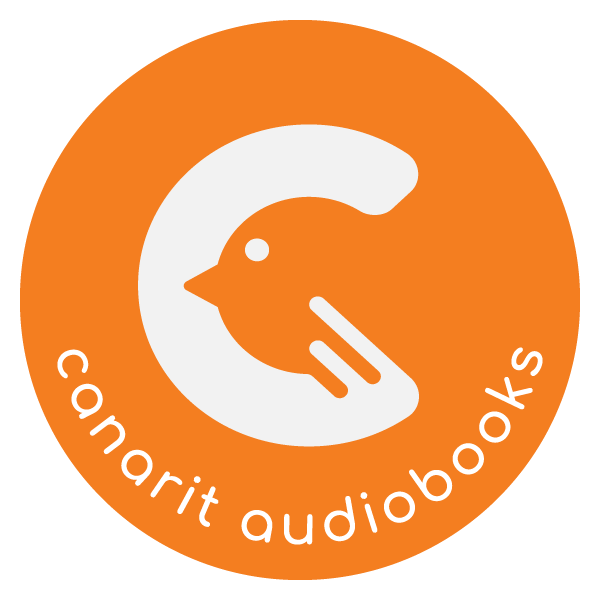
Enjoying a good book is one of the oldest ways to pass the time. Whether you prefer to physically hold a book and read it yourself or pop in your headphones and listen to a deep smoky voice reading the pages of the latest top seller, there’s no denying the many benefits of reading. Reading (and listening) to audiobooks keep you sharp, engaged, and an active thinker. Not only are you receiving an abundance of information, fictional or not, but you are also expanding your vocabulary and engaging certain parts of your brain.
Audiobooks continue to rise in popularity as they become more comprehensive and accessible. However, there are still die-hard book lovers out there who refuse to switch to audiobooks. The truth is they both have pros and cons. In this article, we will look closer at reading a book vs. listening to an audiobook.
Audiobooks vs. reading: Brain benefits
As mentioned earlier, numerous studies tell us that reading regularly has profound and wide-reaching benefits. However, where there is a need for more data research are the benefits of listening to audiobooks and comparing the two methods of receiving information. Experts suspect many of the brain benefits we receive when reading a book are also experienced when listening to an audiobook. Still, there is not enough research on this topic yet.
We do know that listening to an audiobook still activates many of the same areas of the brain that are ignited when we read a physical book. For example, when we listen to an audiobook, we see the language-processing areas of the brain engage. However, when we read a physical book, we see more engagement in the visual-processing areas of the brain. Additionally, both forms engage semantic information processing within the same brain areas. Therefore, no evidence leaves a clear leader when considering reading a book vs. listening to an audiobook. Both forms can help sharpen mental faculties, improve memory, and expand knowledge.

Audiobooks vs. reading: Knowledge retention
Reading comprehension gives us an understanding of the measure by which we retain information from reading. You may remember those school exercises where you sat in a circle and read a book aloud, then answered questions related to the story’s happenings. As adults, this skill is even more important and is a stepping stone to the careers and skills of our choosing.
However, something that was less well-known and practiced when we were children is the notion that many different types of learners exist. We each have a preferred learning style and receive and retain information on a deeper level when it is communicated in our personal learning style. For example, if you are a reading/writing learner, you would be best suited to reading a physical book. But if you are an auditory learner, you would be best suited to listening to an audiobook. That’s not to say that people can not learn through other means; this is simply how their brain is best suited to receive information.
It’s all about getting to know yourself, your brain, and your personal preferences.
Reading vs. audiobooks: Enjoyment
Now, the bottom line of comparing the enjoyment of reading a book vs. listening to an audiobook is entirely based on personal preference. However, there are a few notable differences to highlight. In many ways, listening to an audiobook can be a completely immersive experience with music, a cast of multi-character voice actors, and sound effects.
The pros and cons of reading vs. audiobooks
There are a variety of reasons why an individual would choose to listen to an audiobook over a physical book and vice versa, such as the fact that audiobooks are much more portable and books offer a more comprehensive selection of titles. However, the two main factors here are the costs involved and the creative experience.
The cost factor
Both written and audiobooks can vary vastly in price. However, it is important to acknowledge that audiobooks require a device to listen to them. This could be a smartphone, iPad, tablet, Kindle, or similar. Unfortunately, the reality is that this type of technology rarely stays in our possession beyond a few years and requires us to upgrade our devices constantly.
The creativity factor
The added features of voice actors, sound effects, and music can enhance the story to bring it to life in an extremely thrilling way. On the flip side of this, many people enjoy reading a physical book more as it forces them to use their imagination and engage their creative side. The brain fills in the gaps that the added features of an audiobook would usually do for you.
So, to answer the question of which is better- reading a book vs. listening to an audiobook, it really comes down to knowing how you best receive information and your personal preferences. There’s no undeniable winner here.

